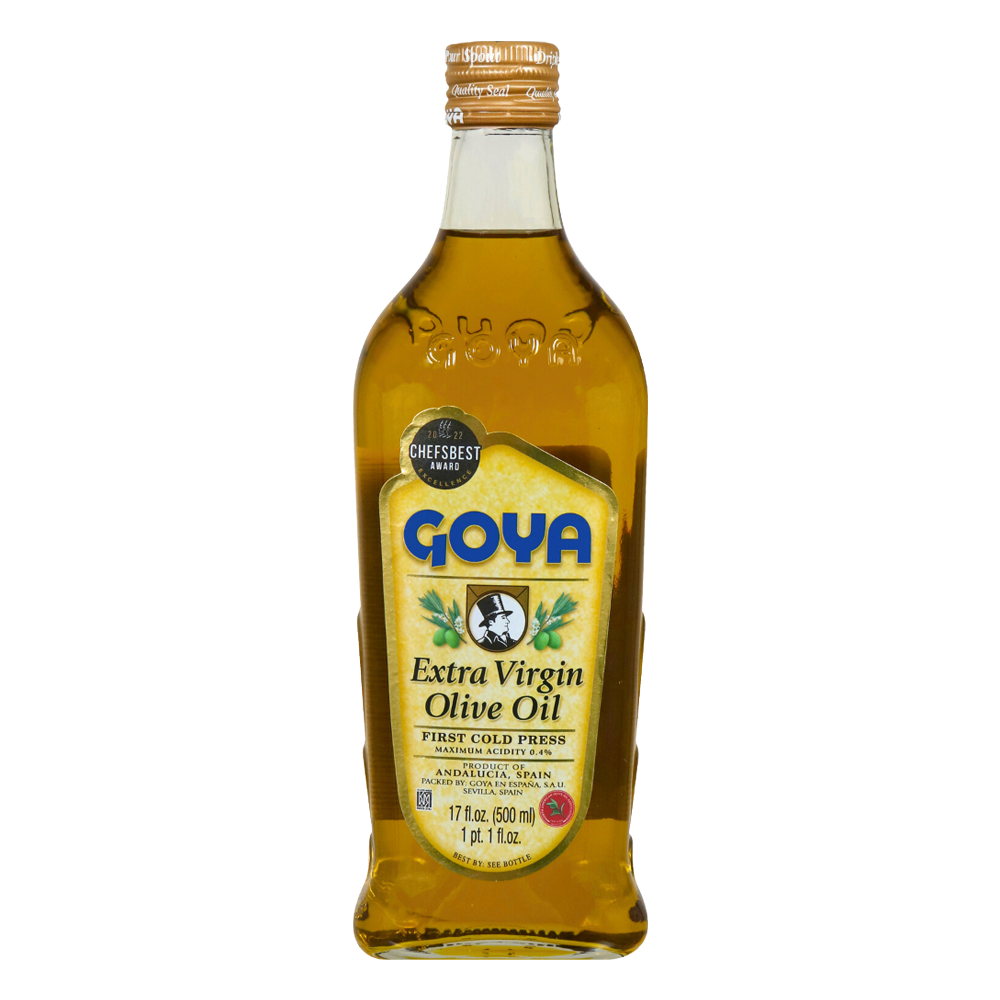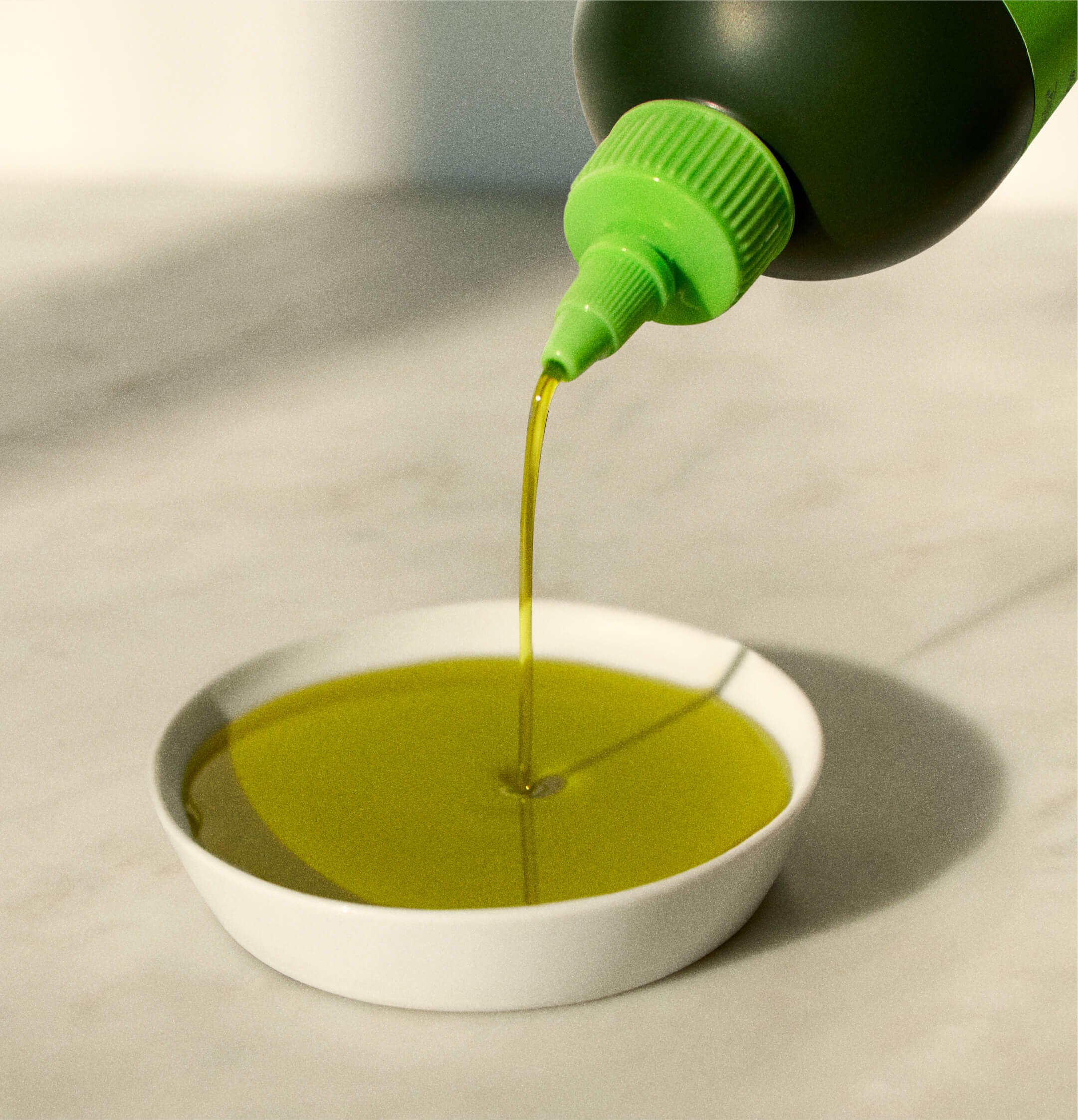Extra Virgin Olive Oil Benefits: How It Supports Healthy Cholesterol Levels
Extra Virgin Olive Oil Benefits: How It Supports Healthy Cholesterol Levels
Blog Article
Exploring the Various Kinds Of Olive Oil and Their Usages, Consisting Of Extra Virgin Olive Oil
The exploration of olive oil incorporates a diverse variety of kinds, each offering cooking applications and unique flavors. Additional virgin olive oil, renowned for its premium top quality and health advantages, offers as a staple in numerous cooking areas, yet it is just one facet of this diverse active ingredient.
What Is Olive Oil?
Obtained from the fruit of the olive tree, olive oil is a staple in Mediterranean cuisine and a vital ingredient in various culinary applications. This flexible oil is produced by pushing entire olives, causing a liquid that varies in color, flavor, and aroma depending on the kind of olives used, the region of cultivation, and the extraction process. Olive oil is predominantly composed of monounsaturated fats, particularly oleic acid, which is understood for its prospective health and wellness advantages, consisting of anti-inflammatory buildings and cardio assistance.
Along with its cooking usages, olive oil has a lengthy background of application in standard medicine and skincare, owing to its rich antioxidant content (extra virgin olive oil benefits). The oil is frequently used in dressings, marinades, and for cooking methods such as sautéing and roasting. Its distinctive taste account can improve the taste of various dishes, making it an essential active ingredient for both home chefs and specialist cooks
Additionally, olive oil is celebrated for its duty in the Mediterranean diet regimen, which is connected with various health and wellness benefits. As recognition of these benefits grows, olive oil remains to obtain appeal worldwide as an essential component of a healthy way of living.
Types of Olive Oil
Comprehending the various kinds of olive oil is essential for both cooking lovers and health-conscious consumers. Olive oil is classified mainly based upon its removal approach and high quality, which considerably impacts its fragrance, taste, and health advantages.

Light olive oil, despite its name, describes a lighter taste and not reduced calories. It is ideal for those seeking a much more refined preference in sauces and dressings. In addition, there are flavored olive oils infused with herbs, flavors, or citrus, which can boost recipes without the need for extra spices.
Each kind of olive oil serves details culinary purposes, and comprehending these differences permits customers to make informed selections that line up with their cooking styles and health goals.
Extra Virgin Olive Oil
Extra virgin olive oil (EVOO) is extensively considered as the finest olive oil available, popular for its abundant flavor and countless health and wellness benefits. To be identified as additional virgin, the oil should be generated from fresh olives using mechanical processes, without using solvents or too much warmth. This meticulous method maintains the oil's all-natural tastes, antioxidants, and healthy fats, leading to a product with a low level of acidity degree of much less than 0.8%.
EVOO is plentiful in monounsaturated fats, article especially oleic acid, which is connected to reduced inflammation and improved heart health and wellness. It additionally includes polyphenols, powerful anti-oxidants that might supply protective impacts versus chronic illness. The taste account of EVOO can vary considerably depending upon the olive range and area of production, ranging from verdant and fruity to durable and sharp.

Culinary Utilizes of Olive Oil

In food preparation, olive oil can be utilized for sautéing, toasting, and barbecuing, providing a much healthier choice to butter or various other fats. Its high smoke point makes it appropriate for different cooking techniques, while its anti-oxidants add to a heart-healthy diet plan. Showering olive oil over completed meals, such as pasta, fish, or grilled vegetables, can boost tastes and add a touch of elegance.
Moreover, olive oil plays a substantial duty in cooking, where it can replace standard fats in recipes for bread and pastries, imparting moisture and a subtle taste. It also offers as a base for infused oils, enabling cooks to try out flavors such as garlic, natural herbs, or chili, better broadening its site here culinary capacity. Overall, olive oil's flexibility makes it vital in both home and professional kitchen areas.
Deciding On Quality Olive Oil
When selecting high quality olive oil, it's necessary to think about several crucial elements that affect the item's wellness, scent, and taste advantages. Decide for added virgin olive oil (EVOO), which is obtained from the very first chilly pressing of olives and consists of the highest possible degrees of anti-oxidants and useful substances. Try to find oils that are certified by identified organizations, as this often makes sure adherence to stringent top quality criteria.
The product packaging additionally plays a substantial function in preserving the oil's integrity. Choose oils kept in dark glass bottles or tins to safeguard against light destruction. Take notice of the harvest date; fresher oils use remarkable flavor and dietary worth, so pick products address that are within 18 months of their harvest.
Be conscious of the taste; an excellent quality olive oil ought to have an equilibrium of fruity, bitter, and sharp notes, indicating its splendor and complexity. By assessing these factors, you can ensure you are picking the ideal olive oil for your cooking requirements.
Final Thought
In recap, the exploration of different types of olive oil reveals distinctive features and applications, with extra virgin olive oil representing the pinnacle of top quality due to its low level of acidity and high antioxidant web content. Understanding the various ranges of olive oil permits for notified options in food preparation techniques, advertising much healthier techniques while enriching the total gastronomic experience.
Derived from the fruit of the olive tree, olive oil is a staple in Mediterranean cuisine and a vital active ingredient in different cooking applications.The most typical kinds of olive oil include improved olive oil, pure olive oil, and light olive oil.Additional virgin olive oil (EVOO) is commonly related to as the greatest quality olive oil available, well known for its rich flavor and various health benefits. Choose for additional virgin olive oil (EVOO), which is derived from the very first cold pressing of olives and contains the highest possible degrees of antioxidants and useful compounds.In summary, the exploration of numerous kinds of olive oil exposes distinctive characteristics and applications, with extra virgin olive oil representing the pinnacle of high quality due to its low acidity and high antioxidant content.
Report this page